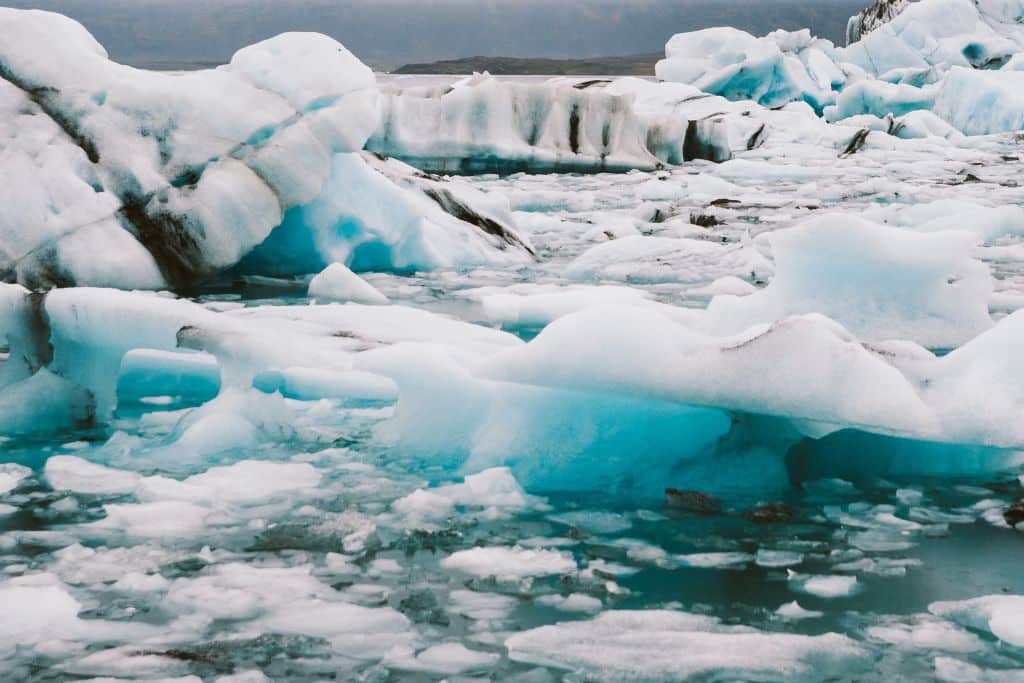Even if we stick to the Paris Agreement goal, half of the world’s glaciers will disappear by the end of the century, scientists warn.
—
68% of the world’s glaciers are set to disappear at the current global warming rate, with at least half of the loss taking place in the next 30 years, according to a new study. By 2100, central Europe, western Canada, and the US will have no glaciers left. Even under the most optimistic scenario of 1.5C of global warming set out in the Paris Agreement, 49% of the planet’s glaciers – not including the Greenland and Antarctic ice sheets – would still melt completely.
The current global warming rate, however, is much higher than the 1.5C mark, which scientists say is the only chance we have to avoid the worst impacts of climate change. Indeed, surpassing it risks crossing several tipping points of climate change, critical thresholds in a system that, when exceeded, can lead to a significant and often irreversible change in the state of the system.
The third and final report of the UN’s Intergovernmental Panel on Climate Change (IPCC) sixth assessment published last year warned that we are running out of time to limit global warming to 1.5C. Since then, things have worsened. Late last year, a UN study suggested that the world is already on track to warm well above 2C, warning that the mark could be surpassed as soon as 2030.
The researchers behind the paper, published on Thursday in the scientific journal Science, warned that the impacts of glacial loss are much greater than previously thought.
Around 10% of the world’s land surface is currently covered by glaciers, which store 70% of the Earth’s freshwater. Melting glaciers contribute significantly to sea level rise, threaten water supplies for up to 2 billion people, and increase the risk of natural hazards and extreme weather events such as flooding.
With global warming and rising temperatures, these massive ice bodies are retreating at unprecedented rates. Between 1994 and 2017, glaciers worldwide lost nearly 30 trillion tons of ice and they are now melting at a rate equivalent to 1.2 trillion tons a year. Among the glaciers that are disappearing the fastest are those located in the Alps, Iceland, and Alaska. Between 2000 and 2019, meltwater from glacier and ice sheet loss alone accounted for 21% of the global sea level rise, a paper published in Nature found.
“The loss of these glaciers, especially over time horizons that are within our lifetime or our children’s lifetime, is really disturbing,” said David Rounce, a glaciologist at Carnegie Mellon University and lead author of the report.
The report comes as Europe’s “warmest winter on record” forces the closure of ski slopes, sounding the alarm on the potentially catastrophic impacts of global warming on tourism and winter sports.
You might also like: The Tipping Points of Climate Change: How Will Our World Change?


















